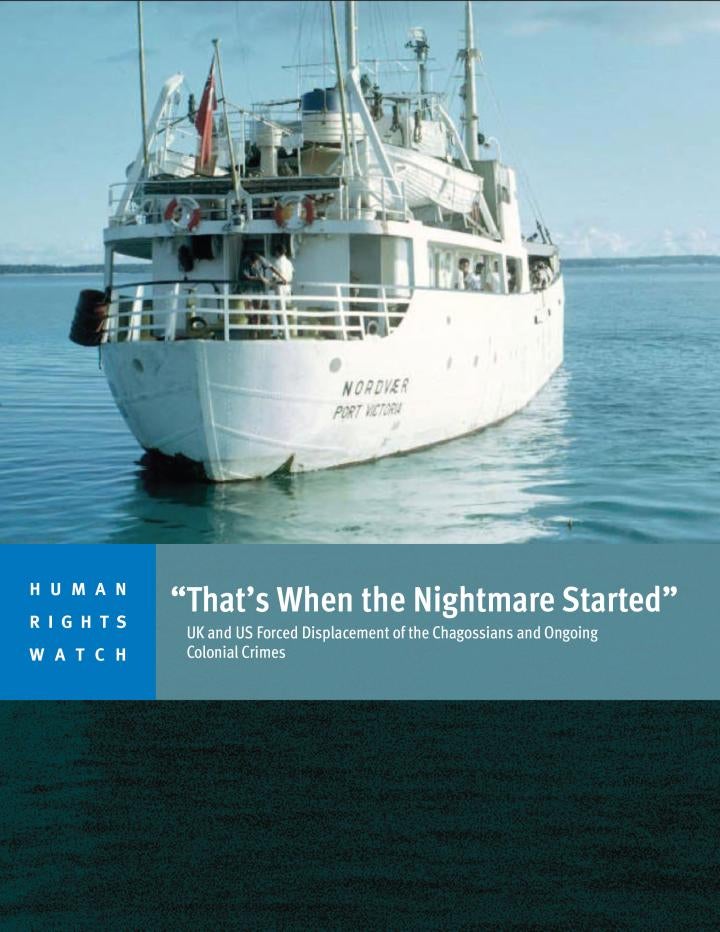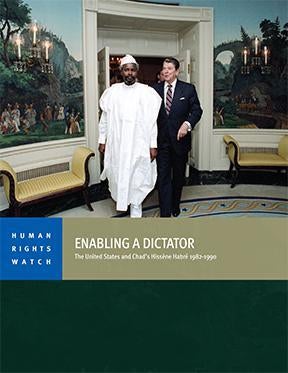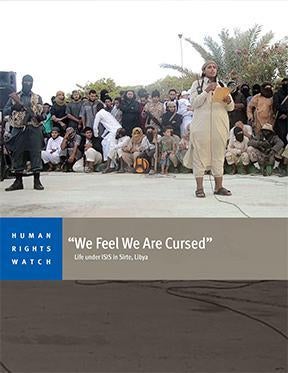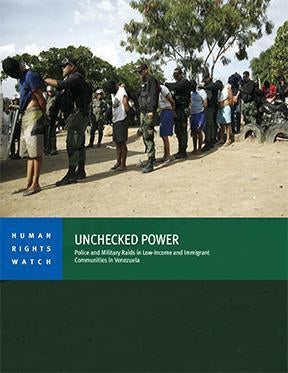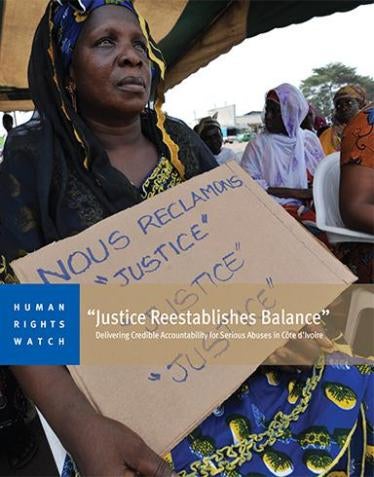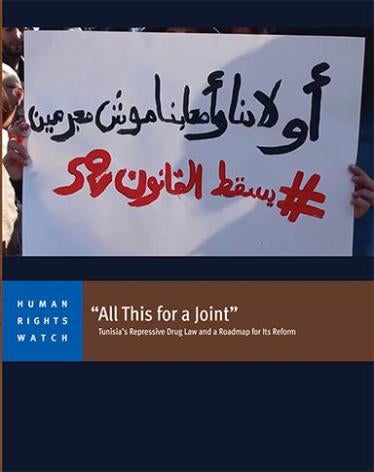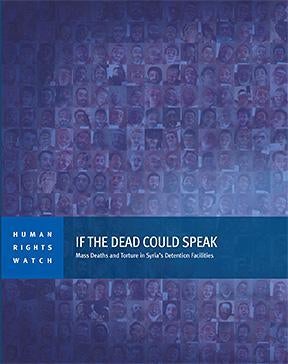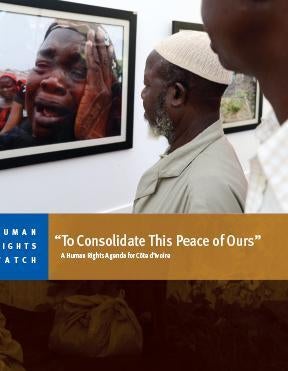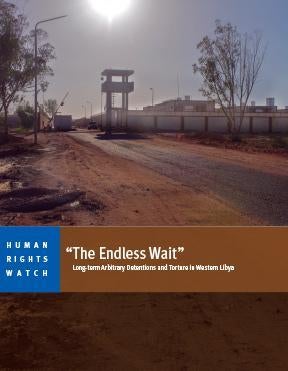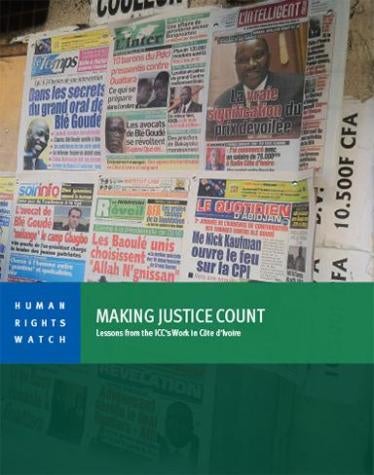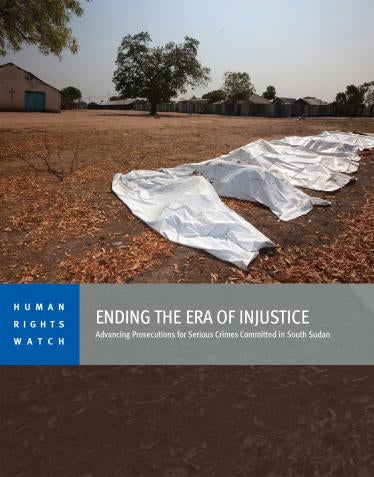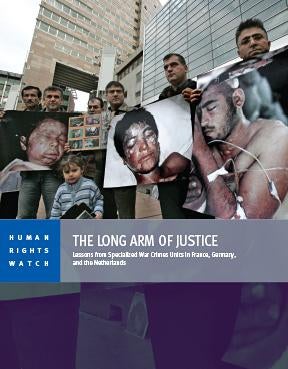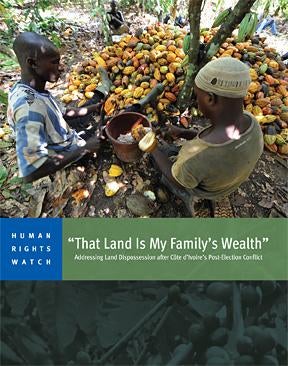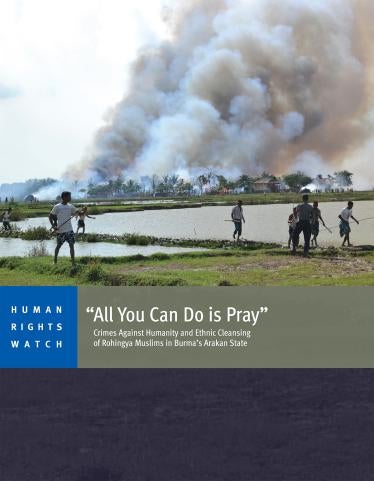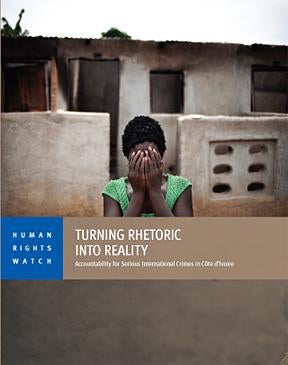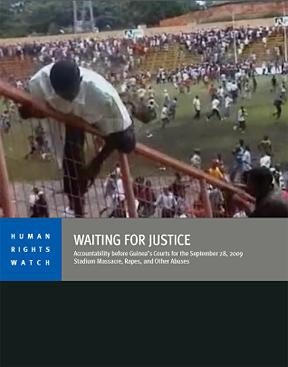“That’s When the Nightmare Started”
UK and US Forced Displacement of the Chagossians and Ongoing Colonial Crimes
The 106-page report, “‘That’s When the Nightmare Started:’ UK and US Forced Displacement of the Chagossians and Ongoing Colonial Crimes,” documents the treatment of the Chagossians, an Indigenous people whom the UK and US forced from their homes in the 1960s and 1970s so that a US military base could be built on Diego Garcia, the largest of the islands. The UK, with US support, has prevented the Chagossians from returning home. Even though the UK and Mauritius surprisingly announced negotiations on the future of Chagos in November 2022, there has been no clear commitment to meaningful consultation with the Chagossians and to guarantee their right to reparations, including their right to return, in any settlement.
